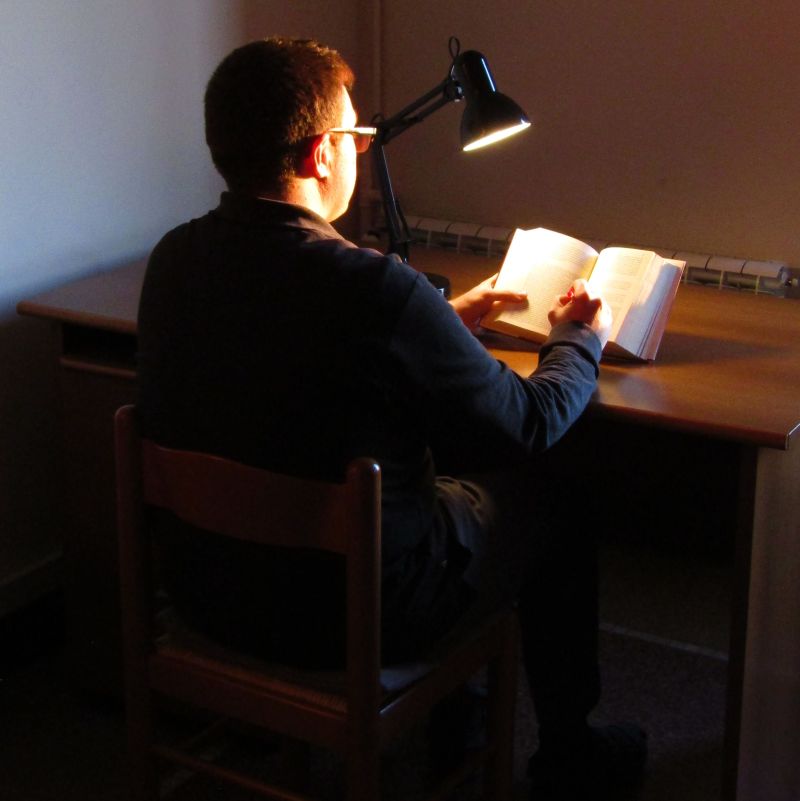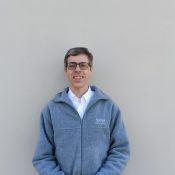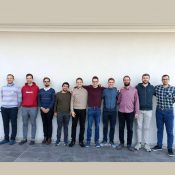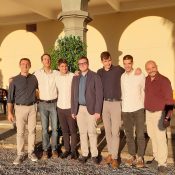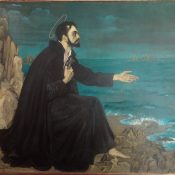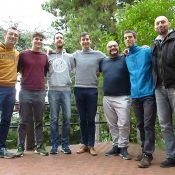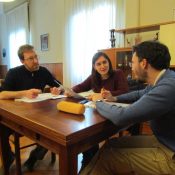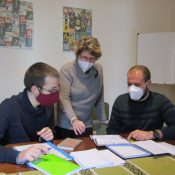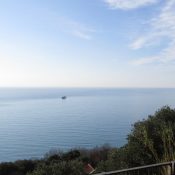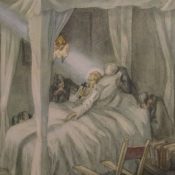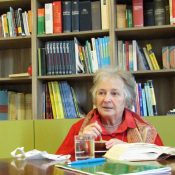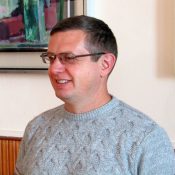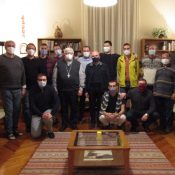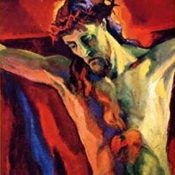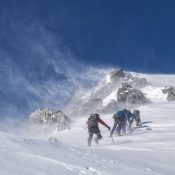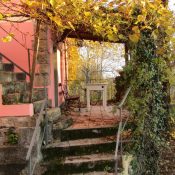I arrive in Genoa on October 3, on a warm and sleepy early autumn afternoon. It is the first time I set foot in Liguria. Along the road that leads from the airport to the novitiate, from the window of the car, I see buildings, views, corners, squares never seen before. In the background, then, I see the port, the great Lantern and finally the blue-green expanse of the sea that reminds me so much of the years I lived in Naples and that always warms my heart. Just a few people are around: these are the first days of the slow and difficult resumption of school and work activities, after the summer, still in full health emergency. For a moment I look inside myself: I feel a bit moved, perhaps shy and uncertain like the sun that hides behind grey clouds from time to time and throws a few flashes of light on the deserted city. Finally, after a few hairpin bends that make space through the greenery of the gardens, the house appears. I recognise the address: Villa S. Ignazio, 3 Via Domenico Chiodo.
Once through the gate, the novitiate begins. In fact, I say to myself, it seems like the first day of school, or at least the feeling and the atmosphere are the same: the entrance, the gate, the same butterflies in the stomach, the same impatience to begin, the same desire to meet and get to know your classmates, but also the same little fears that usually accompany every new beginning. It remains true that every beginning is new by definition, as such, otherwise it would not be a beginning. I like to think, however, that this beginning is new in a unique way. As unique as the first day of school. Now, a month and a half after my arrival, I recall the words with which Fr. Agostino, the master of novices, introduced the short retreat of the first probation which concludes the first two weeks of novitiate inaugurating the long formative period which is the second probation: “the Lord has called us to a newness of life”. The word that strikes me the most and in some way marks this time is precisely “newness” (in Italian: novità).
The word novitiate itself contains, in its Latin root which the Italian language preserves, this mysterious reference to the newness: I feel that the novitiate is the time in which one learns to live the newness. And, in general, learning means going back to school for a while. As on school desks, sometimes in life we can find ourselves unprepared for the new, but also full of fear and amazement. For this reason, I like to think of the novice’s identity as a child at school. Jesus himself in the Gospel describes the mystery of the Kingdom as something new that can only be learned, that is, welcomed, if we change our mentality and become like children (cf. Matt 18:1-5; Matt 11:25-30). As children on the first day of school.
2020-12-06. Christian Lefta – first year novice
